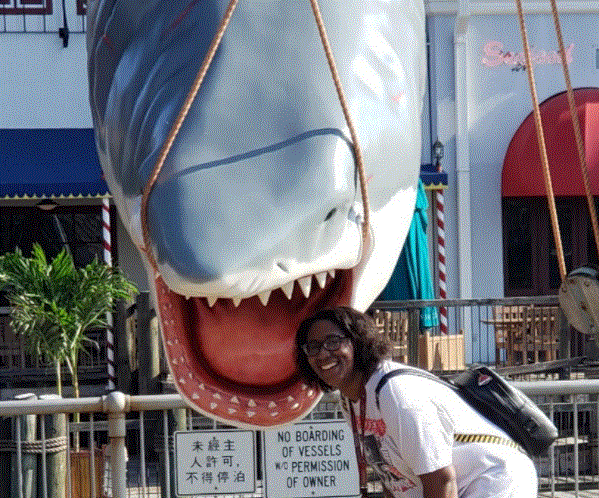Fathom Adventures: Citizen Kane 80th Anniversary
- Alexis Page

- Sep 29, 2021
- 2 min read

Fathom Events showcased the 80th-anniversary premiere of Orson Welles’ Citizen Kane (1941), revered as the greatest movie of all time by critics. It was presented by Turner Classic Movies (TCM) and hosted by Ben Mankiewicz, whose grandfather co-wrote our feature with Welles himself!
Citizen Kane set the standard for master filmmaking nobody has surpassed. He combines innovative cinematography, dissectible themes and his own stellar performance into a rich character study. It continues to age gracefully and remains relevant in today’s society.
Meet Charles Foster Kane (Welles), an extraordinary newspaper tycoon who calls a 49,000-acre palace, Xanadu, home. In 1941, he dies gripping a snow globe. “Rosebud” – the final words before his last breath. Who – or what – is “rosebud?” Enter Mr. Thompson (William Alland), a journalist who vows to find out.
Before his directorial debut here, Welles was a golden boy in radio and New York’s Mercury Theatre. The cast makes their cinematic debut from Mercury Theatre as well. By some witchcraft, Welles plays Kane with layers of dimension. He smoothly transitions from charming, mild-mannered, carefree to imposing and domineering.
It’s amazing to realize Welles was only 24 years old when he directed this! He plays with the camera in ways unorthodox then but commonplace today. Camera angles range from below characters’ feet to over building tops. Transitions between flashback and present time are ingenious and seamless.
My favorite sequence begins our movie with a haunting reveal of Xanadu, reminiscent of Universal’s Dracula (1931). It felt like Dracula himself was awaiting us. Another scene I loved was when an old Kane walks past an infinity mirror. That scene spoke on so many volumes despite being insignificant.
Kane represents how money and power can lead to your downfall. He first writes a “declaration of principles,” guidelines promoting truthfulness and sincerity to working-class people. As he gains more power, Kane expects everything he wants and everyone to obey him. It’s especially hard to watch his second wife, Susan Alexander (Dorothy Comingore), minimized to a puppet.
Perspectives highlight Kane’s complexities and how others viewed him. Did you know Welles based this movie on then newspaper tycoon William Randolph Hearst? Kane was a direct parallel to Hearst. Both men had a mystique as nobody knew their real selves.
Behind his irresistible public persona, we realize how pitifully sad Kane’s life was. You’re uncertain whether to like or dislike him. He reflects the celebrity – sensationalized like Greek gods with their true self out of sight.
MY RATING? 5/5. Orson Welles’ Citizen Kane excels as a complex character study deconstructing an extravagant man. It’s a testament in building characters, intrigue and curiosity for an audience. An innovative technical achievement, Welles creates a timeless drama still inspiring filmmakers 80 years later.
Next week, we’re going to prom in Brian De Palma’s 1976 adaptation of Stephen King’s Carrie!
Sources:
IMDb Official (https://www.imdb.com/title/tt0033467/?ref_=nv_sr_srsg_8)








Comments